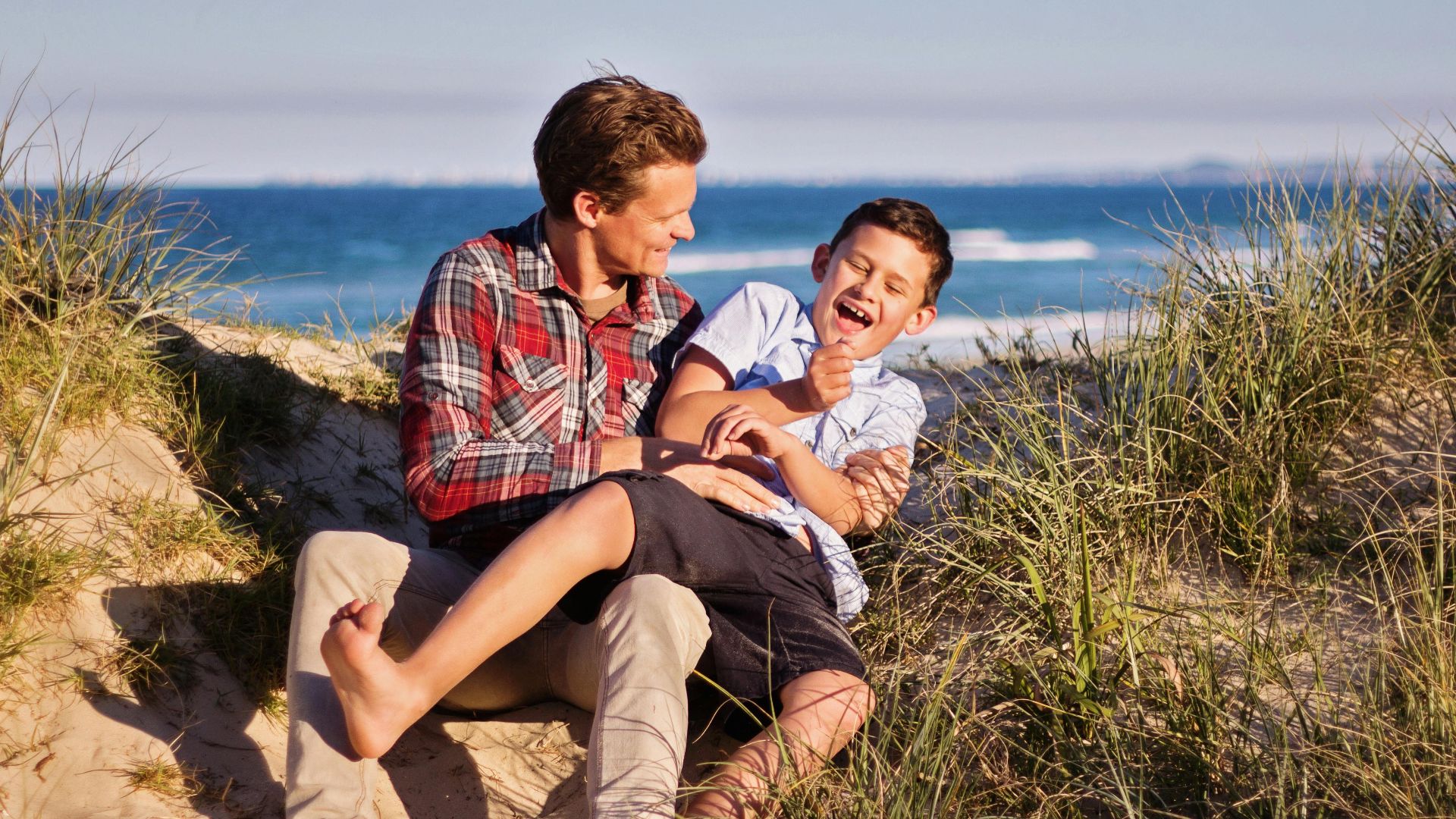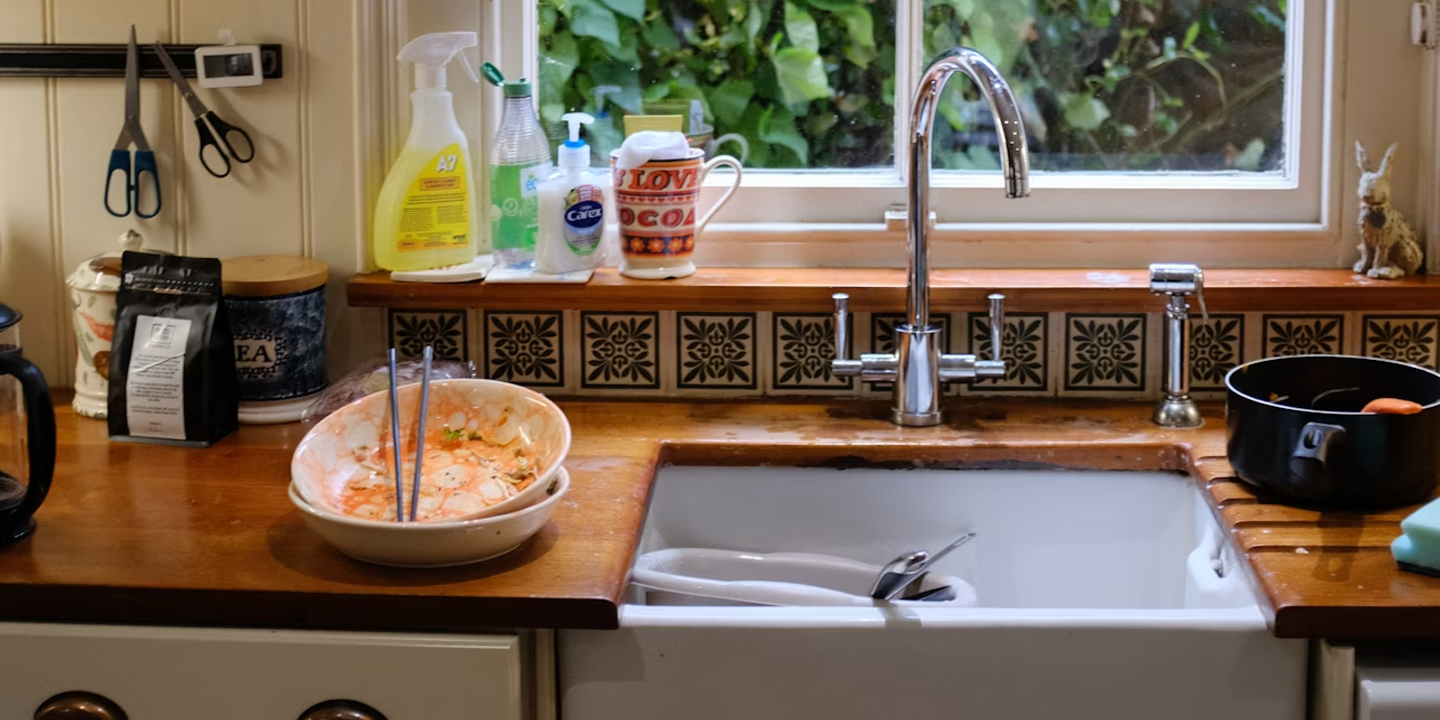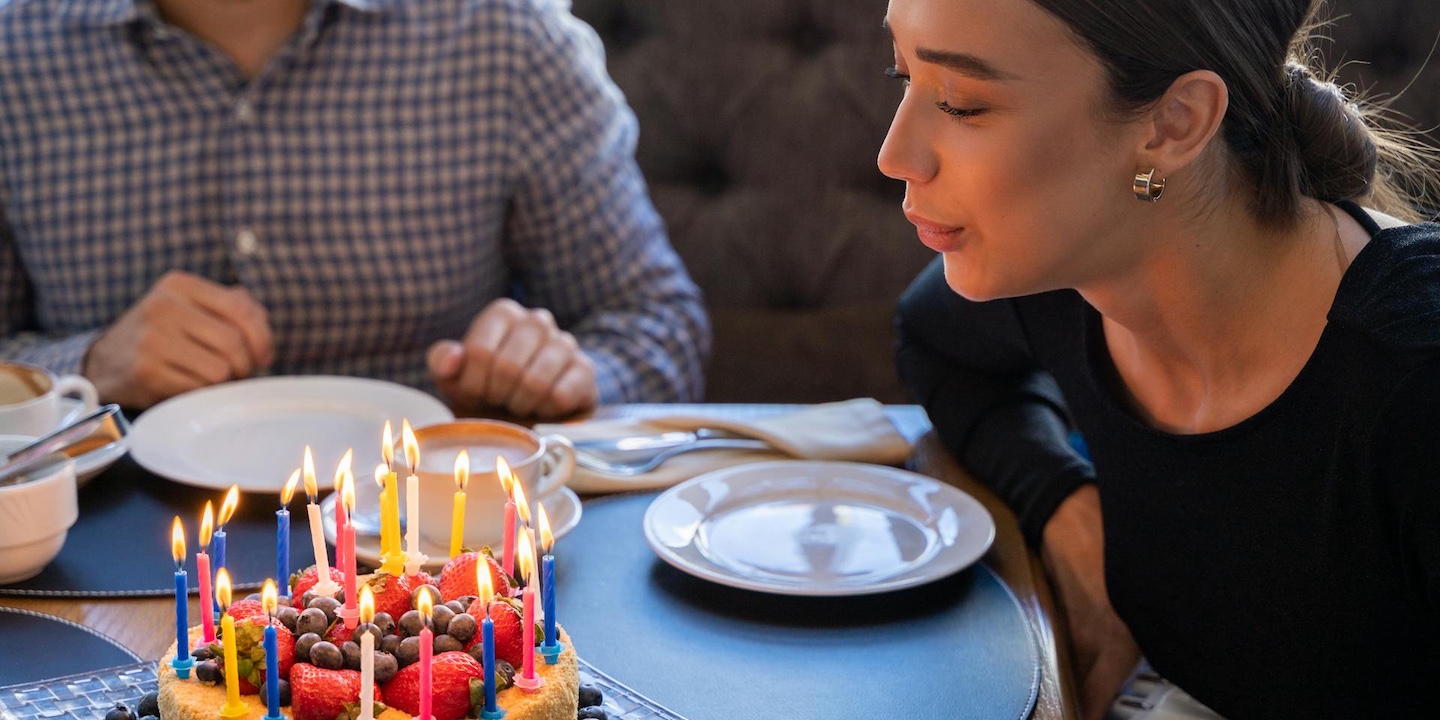What Kind of Parent Are You?
Once your kids are grown up, the things they’ve said throughout the years can paint an accurate picture of the kind of parent you are. While all kids may say things in the heat of the moment, if you consistently hear these phrases, it may indicate whether you were a good or bad figure in their lives.
1. “I need your help.”
Asking for help is seen as a major sign of trust, and only a child who is confident and comfortable in their parental relationship would reach out to a parent without fear of judgment. Whether they need financial help, are in a bad situation, or could use a ride, they’ll turn to their parent first.
 Sebastián León Prado on Unsplash
Sebastián León Prado on Unsplash
2. “Can I tell you a secret?”
Sharing secrets can be tough, especially when you’re afraid of the other person’s reaction. If a child confidently shares secrets with their parents, then it means they know their folks are nonjudgmental and trustworthy.
3. “You were right.”
In a good parent-child dynamic, the child isn’t afraid to admit when the parent is right. In fact, the child feels love for their parent and wants them to know that they provide good, usable, and tangible guidance.
4. “Thanks for being here.”
Sometimes showing up is the most difficult thing for a parent to do, but it means the world to the kid. Most children remember missed baseball games and no-shows at their recitals. However, at the same time, they remember all the times you did come through and cherish it.
 Raghavendra V. Konkathi on Unsplash
Raghavendra V. Konkathi on Unsplash
5. “I knew you’d come.”
Similarly, they trust that their parent will be there for them in their moments of crisis. Even in disappointing moments, such as being sent to the principal’s office or getting reprimanded by officers, they can at least rely on their parents to show up.
 Caroline Hernandez on Unsplash
Caroline Hernandez on Unsplash
6. “I want to be like you when I grow up.”
Most children idolize their parents at a young age, but this usually goes away with time. However, if your child grows up and continues to idolize you, then it means you’ve modeled incredible behaviors they still want to emulate.
7. “You were the first person I called.”
If your child truly trusts you, you’ll be the first person they call no matter what goes wrong. For most kids, this person becomes their best friend, a sibling, or a partner. But if you have a truly strong bond, they’ll call their parent first.
8. “Thanks for not freaking out.”
It’s all too easy to lash out and yell when a child makes a mistake, anything from getting a bad grade to a pregnancy scare. But if a parent keeps cool-headed and focuses on finding solutions rather than punishing their child, they impart the fact that they are a safe place for their child.
9. “I can’t wait to visit.”
Even when these children grow up, they have such a strong tie to their parents that they can’t wait to visit. In fact, these kids will plan vacations, show up on holidays, and consistently check in. The best part is, you can rely on them to take care of you in your old age, because you did the same for them in their young age.
10. “I miss you.”
Children with fantastic parents always retain a lot of love for them no matter how old they get. Hearing this line proves that you weren’t just a figure existing in your child’s life, but instead truly mattered to them.
Now that we’ve gone over things only good parents hear, here are some unfortunate statements bad parents are privy to.
1. “I hate you.”
Cutting to the chase, hearing “I hate you” is a pretty solid way of knowing how your kid feels about you. Of course, this can sometimes slip out in moments of anger, but if you’re hearing this consistently, they’re essentially saying you’re hurting them, and you might need to take it easy.
2. “You never listen.”
Parenting kids is one thing, but actually seeing them for the humans they are is totally different. If a child feels unseen or dismissed, they’ll be left invalidated and unsure. Children who aren’t heard by their parents often carry issues into their adulthood too.
3. “I learned what not to do from you.”
As children grow into adults, they realize their parents aren’t godly beings who know everything – but just fellow messed-up humans. At that point, kids with bad parents are able to decipher bad decisions from good ones, and if they learned what not to do from you, it means you were pretty terrible at taking care of them.
4. “You always make it about you.”
Narcissistic parents are quite a common trope, and it’s essentially when immature adults have kids they’re not ready for. Being selfish and focusing on your desires as a parent are a total no-go when children are involved.
5. “I can’t wait to move out.”
At some point, children with terrible parents idolize moving out as an escape. This means they don’t see their home as a home and feel too controlled and suffocated.
6. “I wish you weren’t my parent.”
If you hear this now and then, especially when the kid is younger, then you’re not necessarily a bad parent. Lots of kids say this when they don’t get their way, for instance, when they’re disallowed from attending a sleepover. But if your grown-up kids are still saying stuff like this, then it’s probably true.
7. “You scare me.”
Your child should never be scared of you. Being worried about disappointing you, or anxious about repercussions for a mistake is normal – but totally different from fear. If your child is scared of your reaction, they’re more likely to keep secrets and hide parts of themselves.
8. “I had to parent myself.”
Unfortunately, lots of parents force their kids to take on responsibilities that a child shouldn’t have to. Many older siblings become the caretaker for younger siblings, and an absent parental figure leaves it to the children to run the house.
9. “I don’t owe you a relationship.”
In later years, the consequences of bad parenting become all too evident. You’ll never get to meet your grandkids and will probably have to fend for yourself when you near retiring age too.
10. “Stop calling.”
It’s common for kids to cut out bad parents from their lives once they’re grown up. They’ll stop taking your calls, block you from their lives, and go no contact within enough time.

























